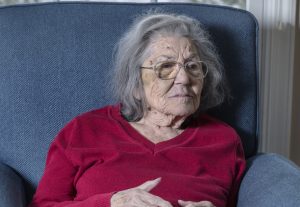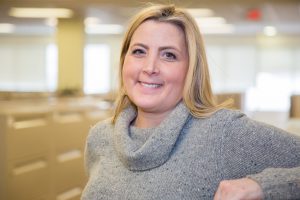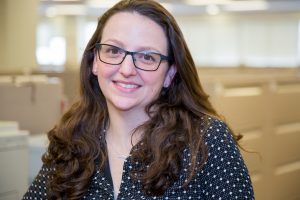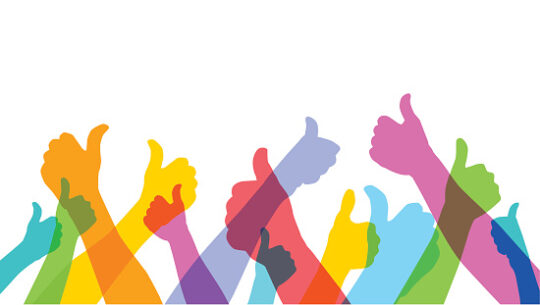VNSNY CHOICE Clinicians Receive Specialized Elder Abuse Training
 Each year, approximately 120,000 New York City seniors are victims of elder abuse*—a term that includes not only physical violence but also psychological mistreatment, neglect, sexual abuse, and financial exploitation. Because such abuse is often perpetrated by a close family member, however, victims can be reluctant to speak out. In fact, it’s estimated that less than one in 20 of these elder abuse cases actually get reported to the authorities.*
Each year, approximately 120,000 New York City seniors are victims of elder abuse*—a term that includes not only physical violence but also psychological mistreatment, neglect, sexual abuse, and financial exploitation. Because such abuse is often perpetrated by a close family member, however, victims can be reluctant to speak out. In fact, it’s estimated that less than one in 20 of these elder abuse cases actually get reported to the authorities.*
To combat this problem, VNSNY requires all the home health aides (HHAs) it works with—from Partners in Care and from other agencies—to be trained and certified to identify and report suspected cases of elder abuse. The organization also maintains an internal contract administrator who works with city and state officials to investigate any reported abuse cases involving VNSNY patients or plan members.
In addition, VNSNY CHOICE Health Plans—which accounts for the large majority of VNSNY’s contracted HHA services—has now begun reinforcing this capability by providing specialized training to help its nurses and social workers identify and address elder abuse among plan members. The first training session, conducted this April, brought two dozen CHOICE nurse care managers and social workers together with experts from the New York City Elder Abuse Center (NYCEAC) and Weill Cornell’s Department of Geriatrics and Palliative Medicine.

Kathleen Wolfe, a Director of Behavioral Health at VNSNY CHOICE.
The clinicians were educated on different types of elder abuse and what signs to look for, such as a relative who refuses to leave the older person alone, bruising, dehydration or malnourishment, or unusual credit card charges or unpaid bills. Participants also learned techniques for eliciting information about abuse, and became familiar with the various New York-area agencies and organizations that assist elder abuse victims. “One key lesson is that no single person or agency can resolve complex elder abuse cases on their own,” explains Kathleen Wolfe, a Director of Behavioral Health at VNSNY CHOICE. “It’s critical to intervene across multiple systems.”
If a case of elder abuse is suspected, CHOICE, along with VNSNY’s contract administrator, will report the matter to New York City’s Adult Protective Services and will often enlist the assistance of other advocacy groups in the community as well (including the NYCEAC itself), depending on the situation. Specific interventions can range from referring the plan member for mental health counseling or even a hospital admission, to legal or law enforcement action to ensure the member’s safety.

Maria Brincat, CHOICE Social Work Clinical Support Manager.
“We already had relationships with these organizations,” says Maria Brincat, Social Work Clinical Support Manager at CHOICE, who is helping to spearhead the elder abuse training initiative. “But now all of our clinicians are becoming fully educated on the different options.”
A second training session for an additional 50 CHOICE clinicians is planned for mid-summer. “We’re a lifeline for our plan members,” notes Kathleen. “If they are in situations that are detrimental to them, our clinical staff needs to be able to determine that right away, and then know what to do with that information. This training gives them that increased capacity.”
* Under the Radar: New York State Elder Abuse Prevalence Study (2011).


